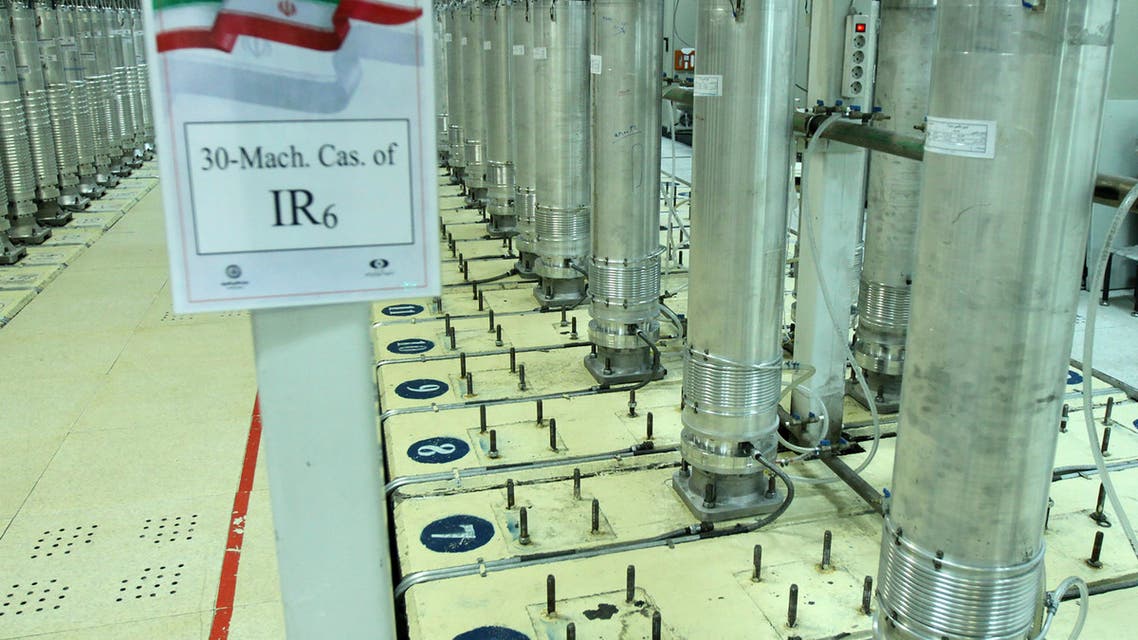Discussions Resume on US Return to the Iran Nuclear Deal
Iran has shown it can boost uranium enrichment levels for nuclear weapon development capability, and has halted unannounced inspections from the International Atomic Energy Agency. In addition to deviating from the nuclear pact, Iran is also urging the U.S. to lift early-stage economic sanctions. In response, while the Biden administration is prepared to negotiate, it is stressing that Iran must first comply with the terms of the nuclear agreement.
The genesis of this deterioration in the relationship between the U.S. and Iran was former President Donald Trump’s unilateral withdrawal from the agreement, and the subsequent imposition of strict sanctions on Iran.
Biden, who is advocating a different policy of international cooperation, urgently needs to engage with Iran in dialog, with an eye toward returning to the Joint Comprehensive Plan of Action.
Iran must restrain itself from provocation. If it continues on its current path of nuclear development, then Israel, which views Iran as a hostile country, will take countermeasures, and military tension in the Middle East will increase. There is also concern that this tension could contribute to global nuclear proliferation.
In 2015, the JCPOA included six countries (the U.S., the U.K., France, Germany, Russia and China) in the agreement with Iran. Substantively, the deal provided that in return for limits on nuclear development, sanctions against Iran would be lifted.
Iranian President Hassan Rouhani, whose political faction supports Iran's international cooperation, promised that lifting of sanctions would lead to economic progress, garnering support from the Iranian people. However, the crude oil embargo that came with the reinstated sanctions caused Iran's economy to suffer greatly.
Anti-Western conservative hard-liners gathered strength, and were able to enact laws such as mandating that the government accelerate nuclear development.
Consequently, last month, Iran began producing 20% enriched uranium, which can easily be repurposed to develop nuclear weapons. Iran says that if sanctions are not lifted within three months, it will no longer allow routine inspections.
Conservative hard-liners are expected to win the Iranian presidential election in June. The nuclear deal could possibly collapse, and if so, Iran faces even stricter sanctions.
Iran should recognize that opening a path for the U.S. to return to the nuclear deal is in its own interest.
The aggravation of tension was caused by the Trump administration's policy toward Israel. Biden will need to make a fresh start with its Middle Eastern policy, including with respect to the relationship with Israel, and it must aim for stability.
Nevertheless, the United States’ mistrust of Iran is deep-seated. In retaliation for an attack on an Iraqi military garrison, an attack the U.S. military believed to be orchestrated by a pro-Iranian organization, the U.S. carried out an aerial attack on the organization's facility in Syria.
Building trust will not be easy, and it appears that support from the international community will be necessary.
The U.K., France and Germany, countries which are involved in the deal, have stressed the need for the nuclear deal and have proposed a meeting between the U.S. and Iran. We hope we will see a steadfast call for dialog.

